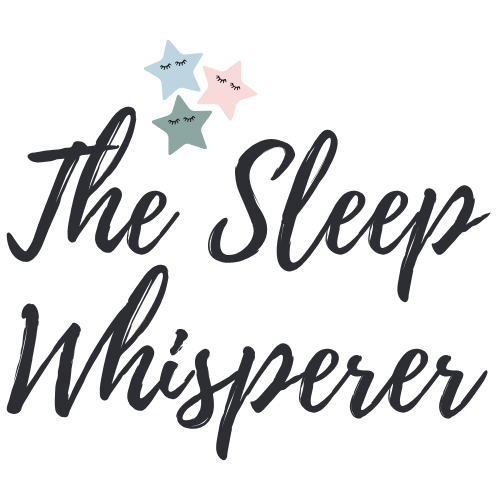Overtiredness: The Hormone Connection Parents Need to Know
As a science major and a math/science educator for over 15 years, I’ve always been fascinated by the “why” behind sleep struggles. When you understand what’s happening in your child’s brain and body, it can make sleep challenges feel less overwhelming and much more manageable.
Why Your Baby or Toddler Fights Sleep When They’re Overtired
Let’s talk about overtiredness. Picture this: You’re about to put your baby down for a nap or bedtime. You think, “They must be exhausted! They’ve been crying, rubbing their eyes, and melting down. It’s definitely time to sleep!” But as soon as you try, they fight it. In fact, they might seem even more awake, running around with what feels like a sudden burst of energy (remember those toddler “zoomies?” I sure do!).
The Hormonal Chain Reaction of Overtiredness
When a baby or toddler becomes overtired, two hormones are released in the brain as it tries to cope with fatigue. The first is cortisol, a stress hormone that regulates sleep cycles, and the second is adrenaline, the hormone responsible for the fight-or-flight response. As a result, children become irritable and difficult to settle because their bodies are now in a heightened state of alertness.
This creates a vicious cycle:
A tired baby is awake too long → stress hormones are released → these hormones make it harder to fall asleep → increased stress levels → even more difficulty sleeping.
And the cycle continues.
How Cortisol and Adrenaline Affect Sleep
Let’s dive a bit deeper into these hormones and their effects on sleep:
Cortisol follows a circadian rhythm, which is lowest at night to help promote sleep, and highest in the morning to support wakefulness. If extra cortisol is released before bedtime, it can make falling asleep harder. Ever wonder why your child sometimes wakes up earlier after going to bed later? Elevated cortisol levels can trigger early morning wakings, as sleep loss itself increases cortisol production.
Adrenaline (also called epinephrine) increases heart rate, blood pressure, and alertness. While this is helpful for survival, it’s not ideal for sleep. Higher adrenaline levels can lead to wakefulness, restlessness, and anxiety, making it difficult to fall asleep or stay asleep. Sleep deprivation can also disrupt the body’s circadian rhythm, which further affects adrenaline release.
How to Prevent the Overtiredness–Hormone Loop
Follow age-appropriate wake windows during the day so your baby has just the right amount of sleep pressure when it’s time for a nap or bedtime, therefore minimizing fussing and overtiredness.
Create an optimal sleep environment to help babies and toddlers wind down and improve sleep quality.
Establish consistent routines during the day and before bedtime to signal to the body and mind that it’s time to rest, helping reduce cortisol and adrenaline surges.
When you understand that overtiredness isn’t just “being cranky,” but a real hormonal response, it’s easier to respond with strategies that work. By protecting your child’s wake windows, creating a soothing sleep space, and building predictable routines, you can help prevent overtiredness, and finally enjoy smoother naps and bedtimes!
